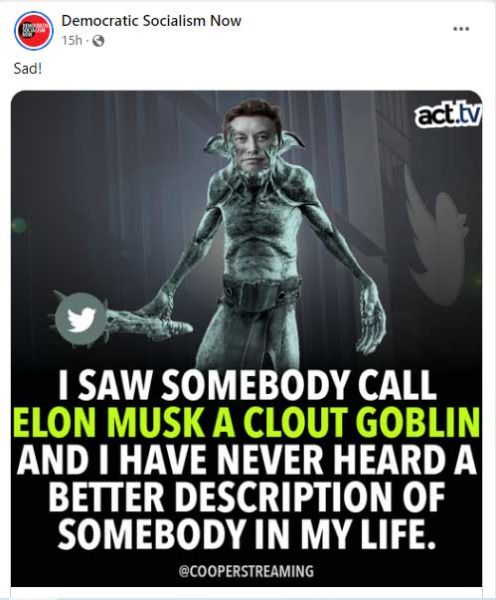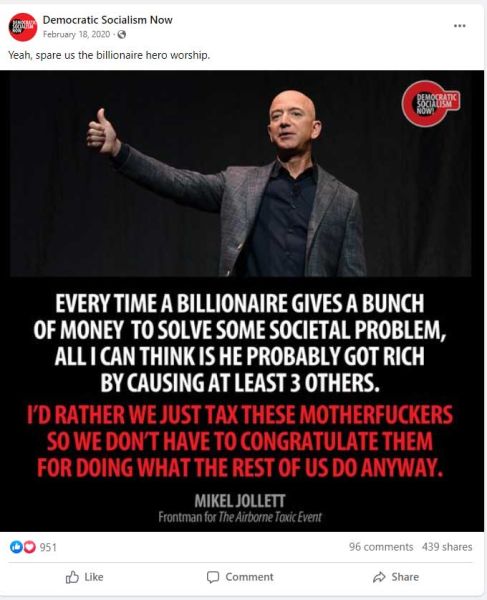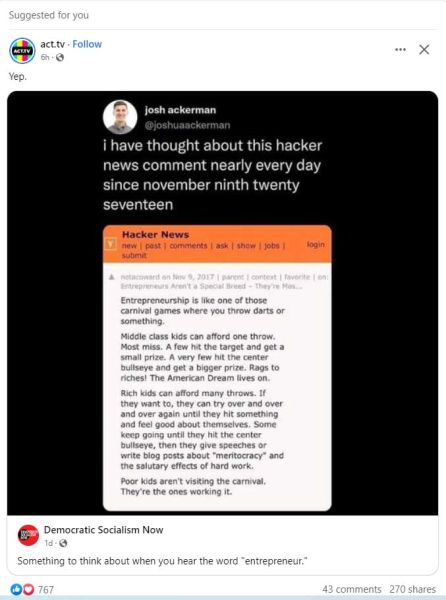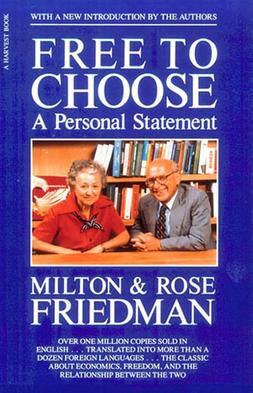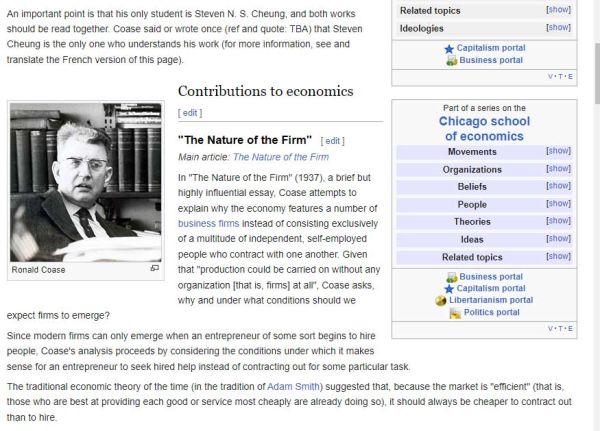Entrepreneurs
Seeing the degree of ongoing character-assassination, day after day on Facebook, directed against America's outlier entrepreneurs, concerns me. In earlier times, people hated Steve Jobs and Bill Gates the say way; but entrepreneurs express our nation's freedom-loving character better than anything. With all the trash-talking going on, why does no one explain why millions of people all over the world use every trick in the book to gain entry into this country?
In Asian and African work-camps, they look at old issues of Playboy and People; they read about Americans living the high-life, and they want some of that, too. In poorer countries, entrepreneurs are the poster-boys of American culture. Once immigrants gain entry, and perhaps, citizenship in America, many want to start their own business. It's more than they can do in their home-countries. Once they taste the money and consumer goods, nothing can persuade them to leave.
Curiously, if you say to the trash-talkers of Bezos and Musk, Why don't you leave? They would hit the roof with outrage. "How can you be so cruel? Just because we disagree with you!!!" That's the way they it is: Damned if you do; damned if your don't. One blogger on Facebook, Josh Ackerman, forwards a post from "Democratic Socialism Now!" it reads, "Entrepreneurism is like one of those carnival games, where you throw darts or something." Only the rich kids get more than a throw or two. The poor kids work at the carnival and never get the chance at a dart-throw.
Why doesn't Ackerman leave and create a country defined by Democracy and Socialism? He would reply, "And let all those rich kids enjoy their money? No way!"
Judging by the diatribe against Bezos posted by Mikel Follett—who describes the entrepreneurs as "these motherfuckers,"—the thirst for pay-back surpasses common sense. "Spare us the billionaire hero-worship!" he gripes.
Milton and Rose Friedman define their own position of entrepreneurs in a book published in 1980, titled Free to Choose. It defines the freedom-loving position, that people can choose their careers, choose entrepreneurship, free of government intervention. Consumers can look through full shelves of merchandise, choose from a huge variety of products, and the risk-taker entrepreneurs can make as much money as they want.
Mrs. Friedman and her economist brother Aaron Director emigrated with their parents from Eastern Europe, a city named Staryi Chortoryisk, located in the cusp of much nationalist ambition, between Russia, Poland, and the Ukraine. Aaron Director ended up at the University of Chicago, where he chaired the School of Economics. Roland Coase, an economist from England, taught in the School of Economics, as well, and recollected "I regarded my role as Saint Paul to Aaron Director's Christ. He got the doctrine going, and what I had to do was bring it to the Gentiles."
Professor Coase explained entrepreneuship in an influential essay titled "The Nature of the Firm." Coase posed the question, why does the American economy consist of "business firms," rather than "independent, self-employed people." He answers that "modern firms can only emerge when an entrepreneur of some sort begins to hire people." He does this because it makes business sense to employ people to perform tasks. They work in proximity, so they network better, and things get done quicker. In that sense, yes, the entrepreneur sits in heaven holding the strings, coordinating it all.

